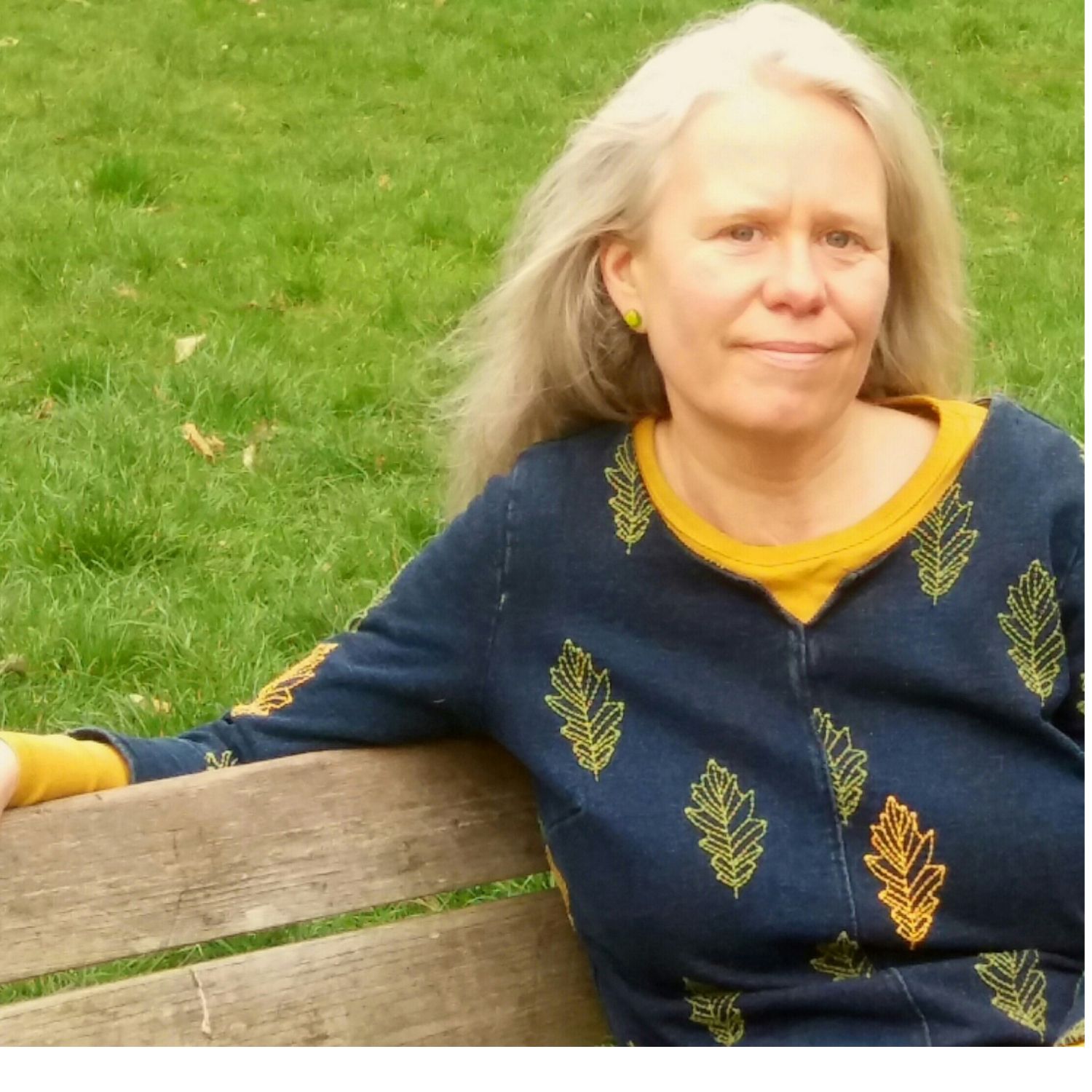There is one person and one single moment in my life that taught me not to fear depression. It happened during my own therapy, while I was training to become a therapist.
Depression is not a sign of weakness or failure. It is human, and under certain conditions will happen to us all.
Like many others, I came to therapy training late in life, in my early 40s. By then I had had my fair share of life challenges. As part of my training I needed to be in weekly therapy myself
- to work through any issues that might get in the way of helping others;
- to help me develop a sense of self awareness;
- to understand what it’s like to sit “in the other chair” and open up my vulnerability.
Ultimately this may help us understand and feel the internal healing and change that can come from therapy – when it works.
Once my late therapist remarked, that he thought I was depressed.
What has stayed with me about this moment is not what he said, but how he said it – calm, non-judging, matter of fact, not frightened or frightening.
He just sat there, perfectly calm and still, and shared with me what he had observed.
At the time a lot of difficult things had come together in my life, and it was not easy. I had known it, and I had felt it. But for another (and a health care professional, a therapist and trainer of all people!) to notice and confirm what I had suspected, that was not easy either.
It was like a bolt of lightning had struck me. I remember feeling very, very frightened and ashamed.
Me – a trainee therapist – depressed?! Was I not supposed to know better? Supposed to know how to avoid getting depressed in the first place? Was I weak, a failure and not suited to the profession?
I was overcome by self doubt and in my mind my therapist became very powerful. He had powerful knowledge. He could break me. I know now, that that was my fear whispering into my ear.
But very quickly, what stopped me from digging myself into an unhelpful hole of shame, fear and discomfort, was the way in which my therapist told me, what he had noticed.
He was not frightened, angry or disappointed.
That helped me stay with the facts and work out what I needed to do to avoid getting stuck in this difficult emotional patch. Instead of draining my energy on fear and paranoia, we could talk about it and work out what I needed to do to take care of myself and to get through this.
I felt validated. I felt “normal”. And I felt hopeful.
Depression does not discriminate.
We all can experience more or less severe symptoms of depression throughout our lives. No one is spared. That includes people in caring, health or religious professions or those where discipline and leadership are expected (the military, police, politicians or senior corporate managers etc).
Because of my training I may have a better understanding of difficult feelings and life situations. I may have more tools to help myself and others. Apart from that, I am no different from the next person. I am not excused from feeling the difficult stuff, like feeling depressed or frightened, bereft, hopeless, angry or hurt. I can get things wrong, too.
It’s what we do about it, that matters.
Depending on your society, culture and age, depression may get talked about a lot or a little. It can be a little or a big taboo. Most people have a view and many suggest what to do about depression.
Triggers
Feeling depressed and anxious (the two often go hand in hand) can be triggered by lots of things, especially when our basic needs are threatened and we have little or no control over the matter: health, employment, mortality, home, relationships, death, finances, traumatic experiences are just some.
If we are affected in more than one of these areas, then we need to start taking extra care, as this will be a challenging time. If we do not have a good support system (or none), then we need to take even greater care. I know this can be hard.
I knew when I went through difficulties like bereavement or cancer treatment, that these were bound to make me, like anyone else, feel de-pressed. Such experiences put pressure on our positivity, life force, motivation and hope. That’s what I call de-pressed.
Coping
Ways of coping with depression depend on the depth and length of depression. Clearly this can vary from person to person, and depends on the situation.
It is important to be able to notice when things start to take their toll; and then to decide to do something about it.
Dealing with feeling down, melancholy or feeling de-pressed can take more courage and strength than pretending it is not happening.
If not attended to, this can become chronic. Sometimes “attending” can also mean noticing, understanding, accepting, letting be, sitting it out, waiting for it to pass. And sometimes we need to do more than that.
If difficulties stretch over a longer period of time and solutions are not easy to come by, then we are bound to experience an emotional drain and exhaustion. If we are traveling through a difficult terrain, our mode of transport will have to cope with extra strain and can only get us there, if we do extra maintenance. The same goes for our emotional and physical well being.
We all have thresholds of coping.
Depression can be frightening.
Often we can doubt whether it will ever get better. Being told that it can, is what we want to hear – even if we may find it hard to believe.
Being told by someone who cares, believes what s/he says and believes in us – well, that’s one mighty combination and powerful moment, just like the one I experienced with my late therapist.
But it’s not just depression.
If you think about it, everything I say here applies across the board to all aspects of our mental health – from anxiety to grief, anger to loss of hope, trust issues to relationship difficulties and so much more.
Responsibility
Being told that we are the one, who has to take responsibility and do something about it, is not something we may want to hear. We expect the other (GP, therapist, counsellor, life coach or medication) to do it for us.
Alas, it is our own road we travel, and only we can do the job – sometimes with help from others, who are not afraid and who have confidence in our ability to get there.
You might also like to read about when I became angry with my therapist Read More
*Many counselling / therapy training programmes require trainees to undergo therapy for some time. It is common (at least in the UK) for qualified therapists to continue with personal therapy alongside their work as best practice, personal development and / or an accreditation requirement.
To receive my free newsletter please sign up here.
Originally published at karinsieger.com


